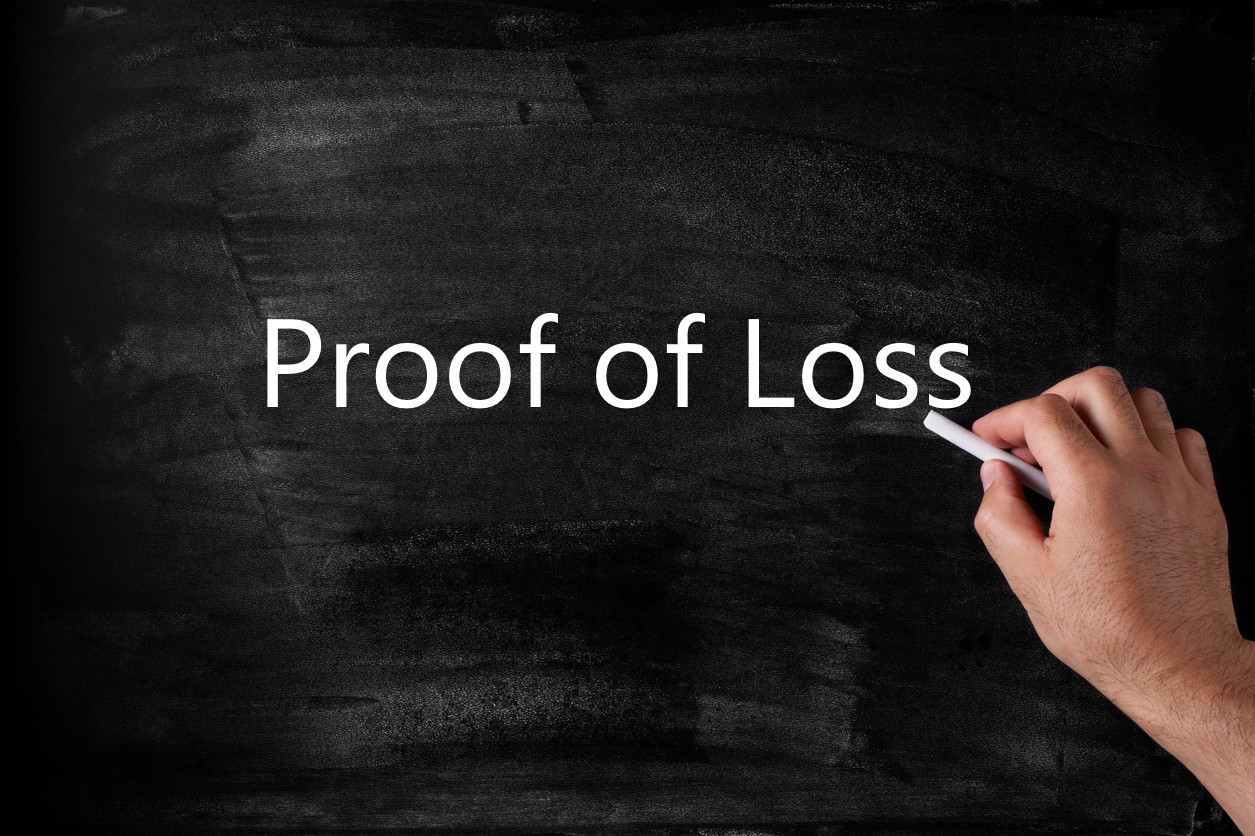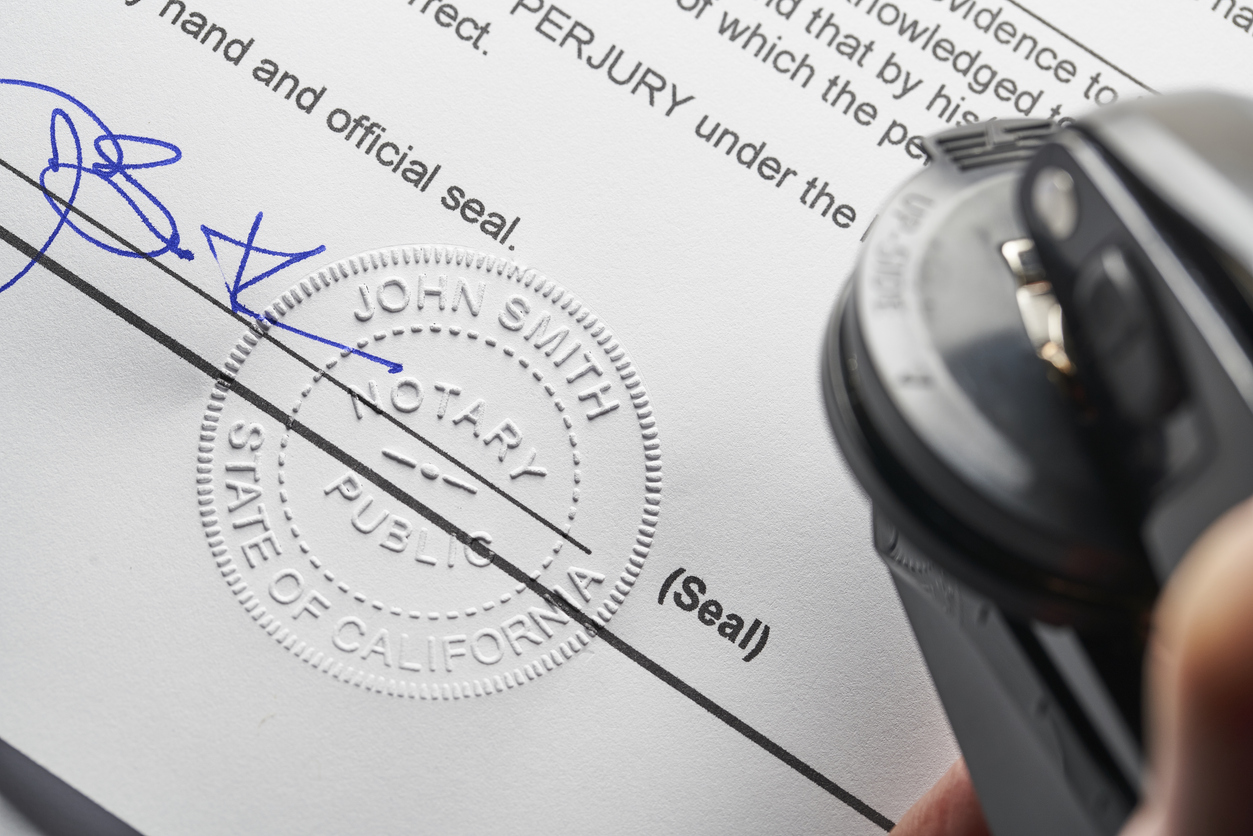I receive a fair amount of private emails regarding certain posts. Yesterday, I received about fifty saying that this Blog was “down.” Thanks. This blog is hosted by LexBlog and this was their explanation:
The issue, arising out of the software interfacing with our cloud server environment was identified, and repaired. We do not expect any continuing service disruptions. Your blog content was not at risk during this down time nor is it at risk at anytime. All of your work is completely backed up.
Your blogs on the LexBlog Network are hosted in a cloud environment developed and operated by LexBlog on the Amazon Elastic Compute Cloud (Amazon EC2). Amazon EC2 is widely recognized as a highly reliable environment and allows LexBlog to provide you with 99.99% uptime.
Every “cloud” has a little rain, and LexBlog has been an excellent service for us and our readers. So, I do not expect this to happen with any frequency. Sorry for the frustration.
The post, Public Adjusters Arrested in Broken Tile Insurance Fraud Scheme, set records for “hits” on this site. I also received all kinds of emails and discussion from others. At lunch with six attorneys in our firm, I mentioned that I have been doing this line of work since 1983 and have never handled a broken tile claim. Four others had the same experience, one attorney had a couple, and only Michelle Claverol, in our Coral Gables office, had more than a few.
I learned that some experts conducted tests regarding the breaking of tile. They found that breaking tile is not as easy at it may seem. A pot, shoe, or falling object has got to hit a tile just right or the tile has to be loose or set improperly for breakage to occur. They are not fragile. The back side of a hammer is sharp enough to cause the breakage quite easily with a strong strike.
I was reminded that an attorney friend of mine advertised for broken tile claims at the Windstorm Conference several years ago. Apparently, he had a fake million dollar check with his firm and that of a public adjuster as payees. The space in the bottom left had “one cracked tile’ written on the explanation line. The Florida Bar certainly would not have approved of such an advertisement. Indeed, it is quite unprofessional. To imply to public adjusters and the public that attorneys can help obtain large recoveries for a small cracked tile loss begs for the type of conduct that happened as indicated in the post. This past legislative session, some in the Florida Legislature mentioned this type of conduct as a reason to change longstanding consumer protections regarding insurance. If public adjusters and policyholder attorneys want a bad reputation can be developed, all we need is for some to continue this type of conduct. Insurance adjusters and insurance company management are rightfully upset, and so are the rest of us. A few bad apples are harming legitimate and law abiding public adjusters and consumers.
Finally, the oil spill issues are dynamic. Following my post, Accountants and Business Interruption Experts Will Play an Important Role Recovering BP Oil Spill Income Loss Claims, a dozen or so accountants have offered their services for lost income and earning capacity oil spill claims. Two weeks ago, I was in Steve Riggs’ office at Carr, Riggs & Ingram when I appeared on Fox News in the following interview regarding the oil spill:
https://youtube.com/watch?v=vgijkBbfWeA%26hl%3Den_US%26fs%3D1%26rel%3D0%26color1%3D0x2b405b%26color2%3D0x6b8ab6
I suggest that businesses consult with their accountants regarding these lost income claims. On anything more than a simple loss, I encourage businesses impacted by the oil spill to at least discuss the matter with qualified counsel. Proof and presentation of these claims and proving the full impact of the loss of earning capacity are what business interruption attorneys do all the time. Whether counsel should be retained should be determined on an individual basis. Often, no attorneys will be needed.



